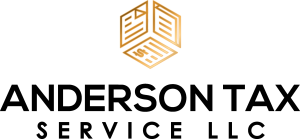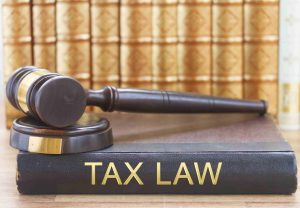Embarking on the entrepreneurial journey as a sole proprietor offers flexibility and autonomy. However, navigating the tax landscape requires strategic acumen to optimize benefits and ensure compliance. Let’s delve into essential tax strategies tailored for sole proprietors.
Understanding Sole Proprietorship Tax Dynamics
As a sole proprietor, your business and personal finances intertwine, influencing tax obligations and opportunities:
- Pass-through Taxation: Unlike corporations, sole proprietors benefit from pass-through taxation, wherein business profits and losses flow directly to the owner’s individual tax return.
- Self-Employment Taxes: Sole proprietors are subject to self-employment taxes, encompassing Social Security and Medicare contributions based on net earnings.
Essential Tax Strategies for Sole Proprietors
To maximize tax efficiency and mitigate liabilities, consider these strategies:
- Deductible Expenses: Leverage allowable business deductions, including home office expenses, equipment purchases, and travel-related costs, to reduce taxable income.
- Quarterly Estimated Taxes: Given the absence of employer withholding, remit quarterly estimated tax payments to avoid underpayment penalties and manage cash flow effectively.
- Retirement Contributions: Explore retirement savings options such as SEP-IRA or Solo 401(k) plans, allowing tax-deferred growth and potential deductions for contributions.
In essence, sole proprietors must adopt a proactive approach, leveraging tax strategies to optimize financial outcomes while maintaining compliance with regulatory requirements.



